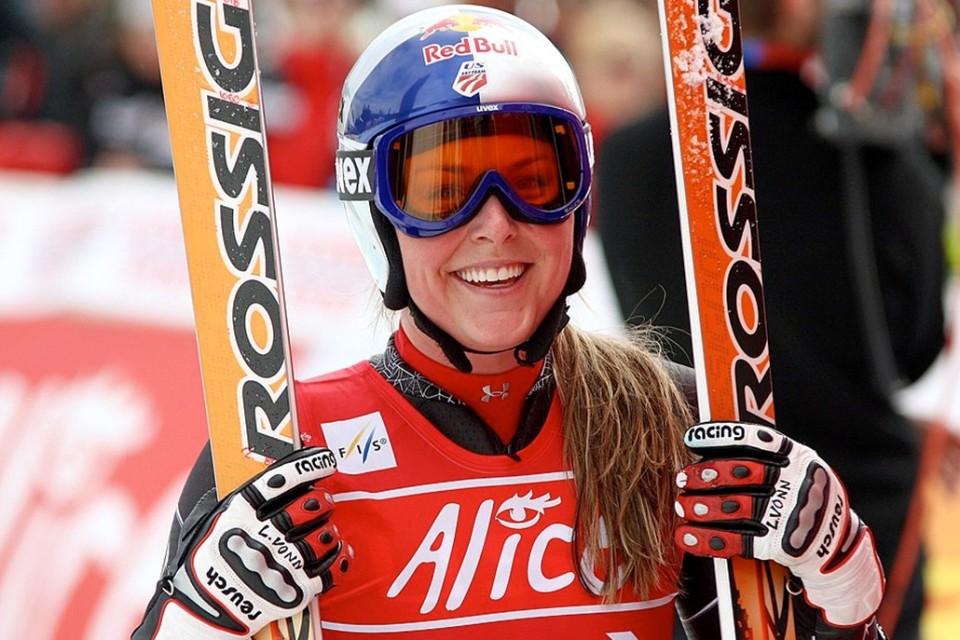Wed, October 07, 2020
RFU v Arran Perry
To optimise for archiving, the original image and related documents associated with this article have been removed.
A decision in the case of Rugby Football Union (RFU) v Arran Perry has been published by the National Anti-Doping Panel (NADP).
On 28 October 2019 Mr Arran Perry, a rugby union player registered with Leighton Buzzard RFC, provided a urine Sample Out-of-Competition at his home. The urine Sample returned an Adverse Analytical Finding for Oxandrolone and 3 of its metabolites. Mr Perry was subsequently charged on 20 December 2019 with a breach of Article 21.2.1 of the World Rugby Regulations for the Presence of a Prohibited Substance or its Metabolites or Markers in his Sample.
Mr Perry admitted the charge and so the NADP Tribunal, consisting of Mark Hovell, Blondel Thompson and Terry Crystal, imposed a period of Ineligibility of four years, running from 20 December 2019 until midnight on 19 December 2023.
A copy of the full decision can be accessed via the related links tab on the right-hand side.
The National Anti-Doping Panel (NADP) is the United Kingdom’s independent tribunal responsible for adjudicating anti-doping disputes in sport. It is operated by Sport Resolutions and is entirely independent of UK Anti-Doping who is responsible for investigating, charging and prosecuting cases before the NADP.



